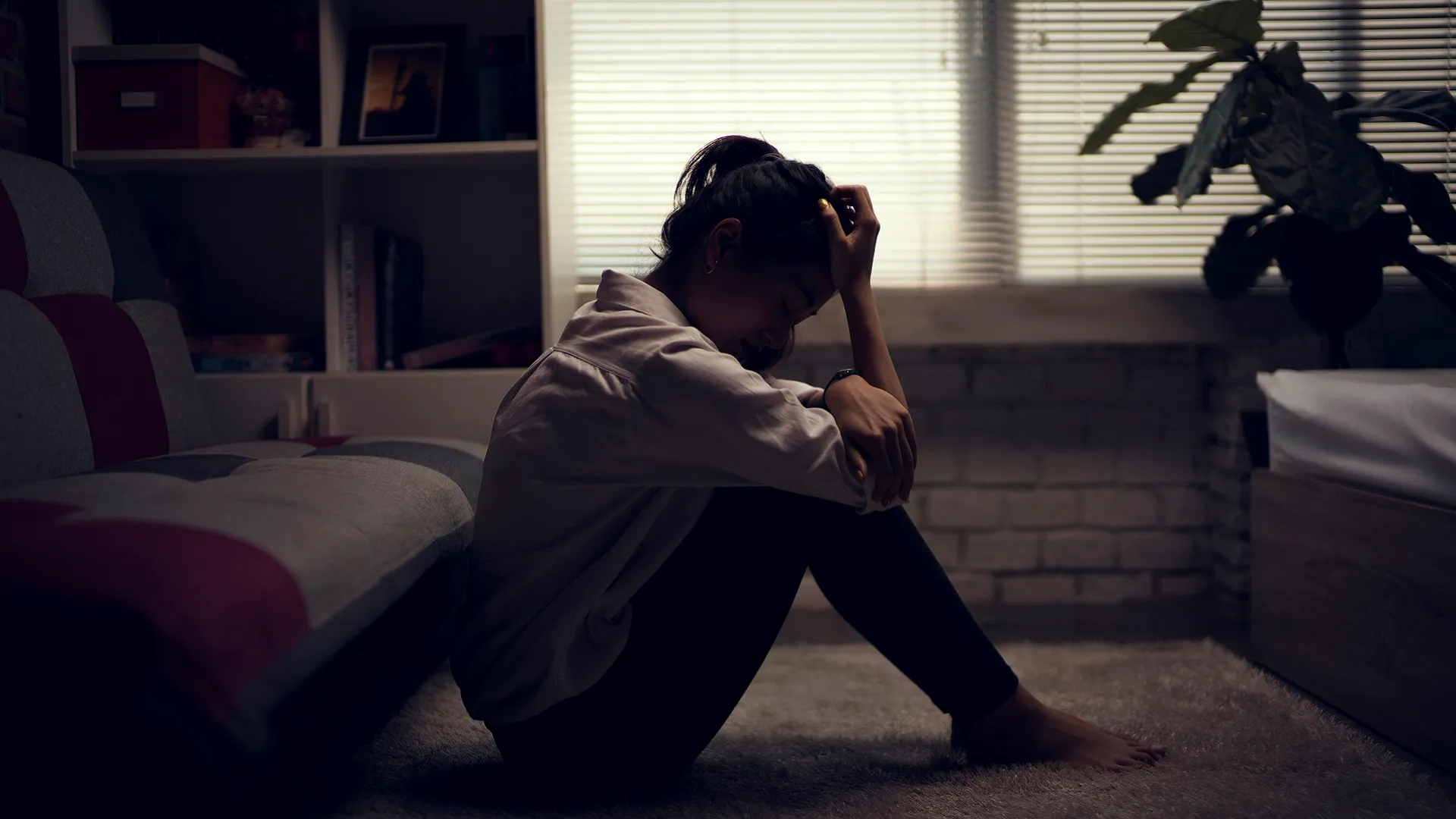How To Overcome Depression
Occasional sadness and hopelessness are a normal part of life, but if they prolong and interfere with your quality of life, you may need medical intervention. Fortunately, the New York Rappore team offers effective psychotherapy treatments that alleviate your symptoms, restoring your hope and will to live.
An overview of depression
Depression is a mood disorder resulting in persistent feelings of sadness and worthlessness. This disorder affects your behavior, thinking, and emotions and can trigger several physical and emotional problems. With depression, normal day-to-day activities can take a toll on your mood, and at times you may feel as if life is not worth all that trouble. This disorder doesn’t come out of the blues; you cannot just snap out of it. It may take long-term treatment to recover from depression, but there is no reason to lose hope.
Signature symptoms of depression
Although depression only occurs once in a lifetime, you may experience multiple devastating episodes. These episodes may come with several symptoms, including sleeping too much or insomnia, angry outbursts, slowed thinking or speaking, lack of energy, unexplained fatigue, feelings of sadness or anxiety, and agitation. For most people, depression symptoms are severe enough to disrupt their school or work. Teenagers and children may experience similar symptoms to adults, with minor differences. Children may experience aches and pains, unexplained weight loss, irritability, or clinginess. Teenagers may experience feelings of worthlessness, poor performance at school, sleeping or eating too much, and loss of interest in their favorite activities.
If you’re reluctant to talk to your friends and family, you can confide in your most trusted Rappore specialist, who can offer treatment and support you through your journey to recovery.
Different types of depression
Medical experts name depression types depending on the cause and symptoms. The different forms of depression include:
- Bipolar depression
People with bipolar disorder experiences alternating periods of extremely high energy and low mood. During the low energy periods, you may experience hopelessness or sadness.
- Major depressive disorder
This form of depression results in intense symptoms that may last for two weeks or longer, interfering with your daily life.
- Persistent depressive disorder
Also called dysthymia, the persistent depressive disorder causes less severe symptoms than major depressive disorder, but you may experience these symptoms for more than two years.
- Psychotic depression
If you have psychotic depression, you may experience hallucinations or delusions and severe depressive symptoms.
How Rapport psychiatrists treat depression
During your initial appointment, your provider may discuss your symptoms and what could have triggered them. The team understands that no particular treatment can work for everyone, so they work closely with you to generate a personalized treatment plan. They may recommend psychotherapy that addresses depression psychologically, unlike medications that suppress your feelings. Your psychotherapist helps you work through your symptoms and discover emotional emotions, solutions, and insights that will help you manage your symptoms. You may benefit from other forms of psychotherapy, including cognitive behavioral, interpersonal, and psychodynamic psychotherapy.
For more information about depression treatment, call the Rappore office or book your spot online.


